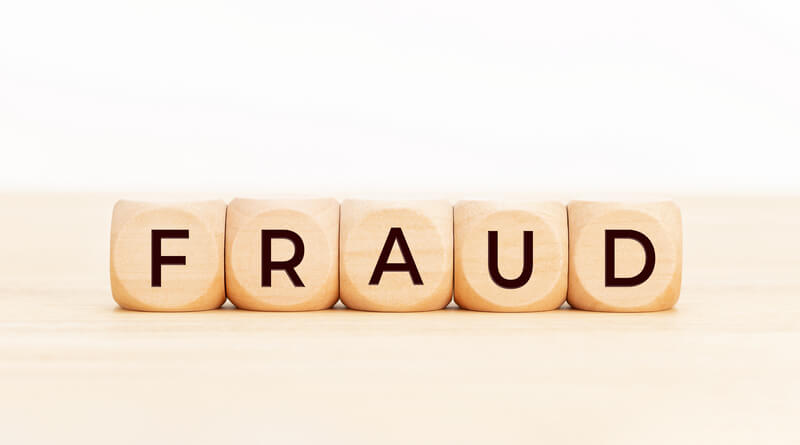RightPatient® Helps Hugh Chatham Memorial Hospital Fight Healthcare Fraud

Prescription Drug Abuse
Eliminating fraud is a pressing issue in healthcare that continues to threaten patient safety. The FBI states on their Web site: “With no signs of slowing down, healthcare fraud is a rising threat, with national health care expenditures estimated to exceed $3 trillion in 2014 and spending continuing to outpace inflation.” On average, healthcare fraud accounts for 10% of our nation’s annual healthcare expenditure.

Hugh Chatham Memorial Hospital recently used photo biometrics to prevent healthcare fraud.
One form of healthcare fraud seen in emergency departments at hospitals around the country is individuals attempting to commit identity theft in order to obtain prescription medication. With approximately 8.76 million people in the U.S. abusing prescription medication and the lion’s share of those medications coming from a doctor’s prescription, medical facilities are proactively stepping up their efforts to implement stronger patient identification safeguards to ensure that the problem is addressed. After all, many patients may not understand the health dangers and risks of someone stealing your identity and inaccurate health data being attributed to your medical record – it is extremely dangerous and could result in serious injury, even death should a clinician act on incorrect protected health data (PHI) in your medical record.
Just how bad is the problem of prescription drug abuse in the U.S.? Consider the fact that every day in the United States, 44 people die as a result of prescription opioid overdose. Fortunately, there are tools available to catch identity fraud at the point-of-service in hospitals before harm is done.
Using Photo Biometrics to Deter Healthcare Fraud
Hugh Chatham Memorial Hospital implemented the RightPatient® patient identity management solutionusing photo biometrics to help support patient safety, eliminate duplicate medical records, and prevent and deter medical identity theft. Recently, a patient arrived at the Hugh Chatham Memorial Hospital emergency room seeking treatment for an injury that according to the patient had just occurred in the prior hour. The patient signed in under a fraudulent name, date of birth, address, invalid marital status, a disconnected phone number, invalid employment status, fraudulent emergency contact, and an invalid social security number. The patient proceeded with registration, and signed all admission paperwork under the fraudulent information.

Hugh Chatham Memorial Hospital recently used photo biometrics to prevent healthcare fraud.
During the registration process, the registration clerk used the RightPatient® photo biometrics solution to enroll the patient since this was (according the patient) the first time they had ever been to the hospital. The RightPatient® system worked just as it was designed, sending the registration clerk an alert that indicated the patent had been previously enrolled and that their biometric credentials had already been linked to another unique electronic medical record, providing the medical record number the patient had been registered under.
The clerk was then able to access the medical record the patient had been previously registered under and after review, Hugh Chatham was able to see other visits for that same day in other clinic/practice locations. A decision was made to contact local authorities.
Thanks to the RightPatient® software and the efforts of this staff member, Hugh Chatham Memorial Hospital was able to securely identify the patient, avoid duplicate medical records, prevent identity theft and associated healthcare costs, and help maintain a safe environment for patients.
Conclusion
Encouraging healthcare facilities to implement safeguards that ensure accurate patient authentication through technologies such as photo biometrics has been our mission since we founded RightPatient®. We will continue to share our success stories with others to help educate and inform in the overall effort to remove fraud and increase patient safety in healthcare.
Have a story on how the use of biometrics prevented a potential case of healthcare fraud? Please share it with us in the comments!




